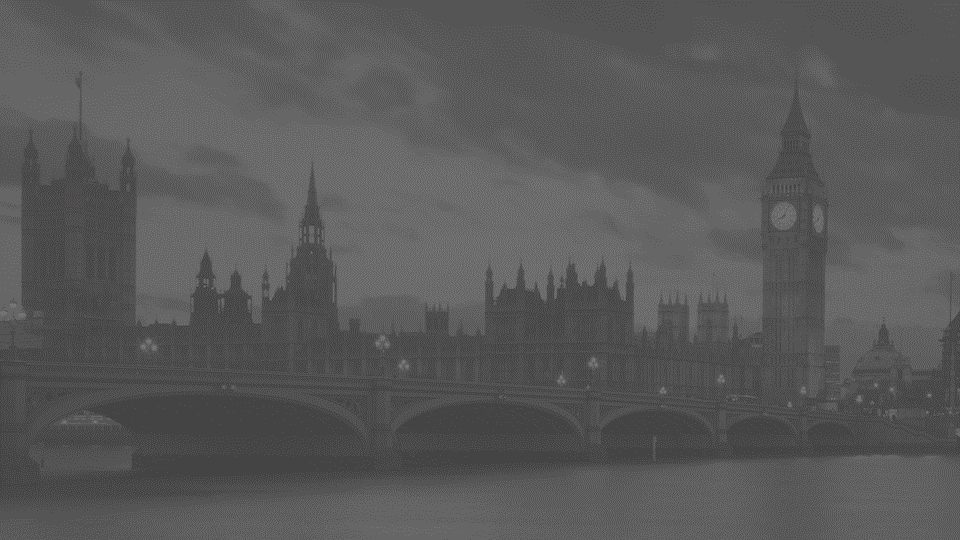The Political Year in Review 2022: Anything but strong and stable

December is often a time for reflection and as we look back on 2022, the overwhelming theme could be described as disruption – which is rather ironically the exact opposite of what the Tories had been hoping for. Three Prime Ministers in as many months, alongside countless Chancellors and Ministers, has made this year a particularly challenging one for business engagement. Add to that political unrest, the ongoing war in Ukraine and record-high inflation levels, it’s not surprising that 2022 was a turbulent one for politicians and businesses alike.
However, the turmoil of the last 12 months gives businesses the opportunity to reset and, importantly, highlights the necessity of widespread political engagement. The Conservative Party’s political infighting and their inability to agree on a Leader provided an opportunity for businesses to expand their political relationships and connect with the Opposition Party. Cross-party-stakeholder engagement will be crucial as we look to the next general election, expected in 2024, as each Party begins shaping their manifesto in the run-up to campaign kick-offs in the year ahead.
So, how to summarise this whirlwind of a year? I’ve attempted to bring it down to three main themes…
-
Political Turmoil | Political Year in Review 2022
As the permacrisis continued and the cost-of-living rapidly overtook coronavirus as one of the most pressing issues facing our country, a change of leadership seemed like the perfect opportunity for a national reset. But Liz Truss’s premiership was a case of out with the old and back in with the old, as the Johnson loyalists took her position in No 10. Despite having ambitious plans to grow the economy while cutting taxes, Truss will be remembered for one day in particular – September 23rd. The Fiscal Statement, delivered by then Chancellor Kwasi Kwarteng, which sent the markets into turmoil and the pound to record lows. This was particularly poor timing as the Labour Party headed to Liverpool for their annual conference not two days later.
Truss’s one-track-minded focus on ‘growth’ at the expense of developing a sound position on any other major policy areas made it clear that she was not going to last. After just 45 days in office, she was ousted without delivering on any of her campaign promises. Former Chancellor Rishi Sunak seemed like the obvious choice candidate to help the nation recover from the economic mayhem caused by his predecessor. New Chancellor Jeremy Hunt reversed all the tax measures Truss had put in place, and economic recovery seemed like a – faint – possibility once again.
-
Policy (or lack thereof!) | Political Year in Review 2022
Nonetheless, Sunak’s premiership has been anything but smooth sailing and his shortcomings have left huge gaps for the Labour Party to demonstrate their strengths in policy positioning and solutions-based approaches. Truss faced internal division within her party on net zero and this wasn’t going away with a change at the top. The ‘will he, won’t he’ narrative that surrounded Sunak’s attendance of COP27 left huge question marks over the UK’s commitment to tackle climate change and achieving net zero by 2050. Despite reassuring the conference that the £11.6 billion commitment was being delivered, Sunak failed to offer any form of support solution for developing countries whom he admitted were “unfairly burdened with the carbon debt of richer nations”.
-
An opportunity for Labour? | Political Year in Review 2022
It is no surprise that Labour have capitalised on this ongoing uncertainty to establish its own strong platform – and it seems to be working, polling last week from POLITICO put the Party 19-points ahead of the Tories. Labour have taken a leading position on the climate and having been working to establish an approach which would appeal to Conservative, Labour, leave, remain, red-wall and working-class voters alike. This is increasingly important as the findings of the latest Labour Climate and Environment Forum report showed climate and the environment remain a top concern for voters and will become an even bigger priority in the next five years.
The Party has committed to creating green jobs and new high-tech green industries across the UK through the climate investment pledge – the £28 billion a year it previously committed to spending on tackling the climate crisis back in 2021. Alongside Rachel Reeves’ recent announcement of £8 billion for green investment, Starmer further promoted ‘green growth’ as one of the next Labour Government’s top three priorities at the Business Conference earlier this month.
Alongside this, the Party have begun establishing a real policy platform which sets out their vision for Britain in the context of growth – something which is essential given the current economic situation. Labour have taken advantage of the Conservative’s poor economic performance and have managed to viably position themselves as the Party to fuel economic growth. The recently published Brown Commission report sets out opportunities for reform in ways that are connected to economic growth, bolstering productivity, and improving geographical inequalities – almost echoing what the Conservatives had planned to do under Levelling Up.
Above all, this year has shown that the only thing predictable about politics is its unpredictability. As we look ahead to 2023, it is almost impossible to say what we can expect to happen, but one thing we can be rather confident about is that next year will likely be the Tories’ last in power for quite some time.
Find Out More
-
Corporate Affairs Trends for 2026
December 10, 2025


